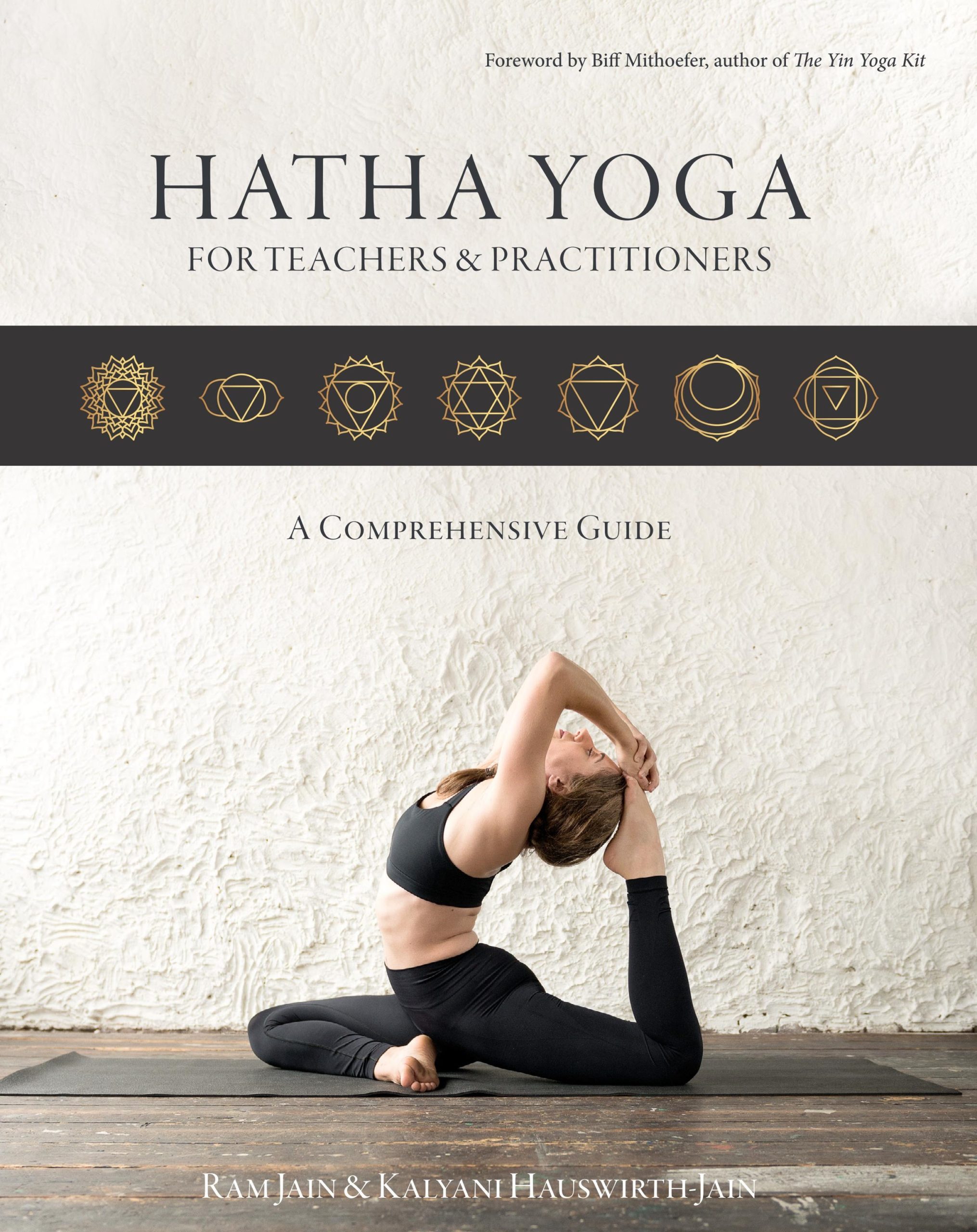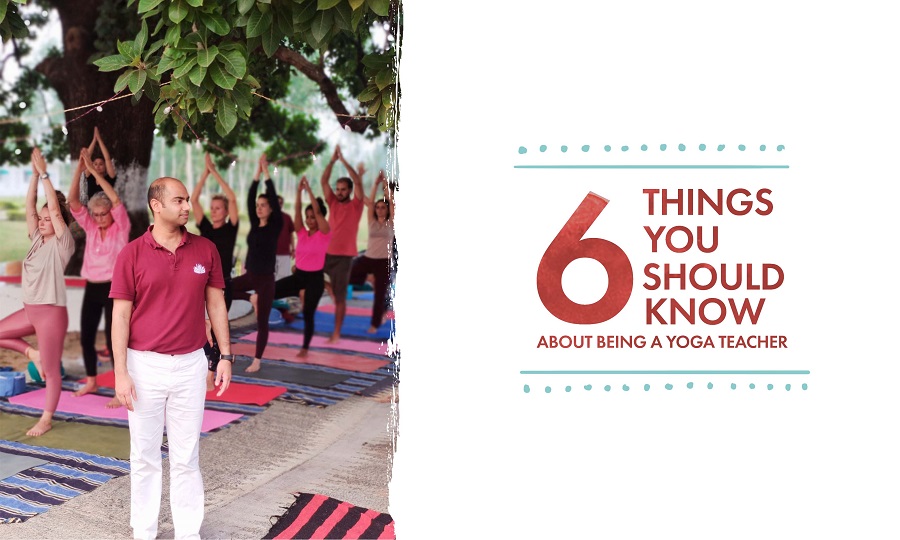6 Things You Should Know About Being A Yoga Teacher
1. Teaching Yoga and Practicing Yoga is Completely Different
Maybe your love for yoga and effort you've put in has turned you into an advanced practitioner. You may feel inspired to become a yoga teacher but being an advanced yoga practitioner doesn't automatically make you a capable teacher. It is one thing to simply know a pose, and it's alignment while you are practicing. It is a another thing to be able to explain and pass on that knowledge to students in a yoga class setting. A yoga teacher has to be able to pay attention and vocalize the small details to students, which has become second nature for an advanced yoga practitioner. And so, it is crucial to find a yoga teacher training course that passes on the right knowledge. For examples, how to give students the correct cues and instructions, explain proper alignments for different types of bodies and correct different students in a class.
2. A Teacher is Different from an Instructor
The role of a yoga teacher is different to that of an instructor. It is important that you understand both roles so that you can choose your role in a yoga class setting wisely.
A yoga teacher is aware of a student’s ‘why’ of coming to yoga classes. She observes the student's strengths and challenges to help the student grow as a yoga practitioner. A yoga teacher is in tune with the class - observing, adjusting and correcting students helps them improve.
On the other hand, a yoga instructor simply gives instructions on what to do and how to do yoga exercises and asanas. A yoga instructor is also found in front of the class focusing on demonstrating and tends to follow a prescribed sequence or pattern during the yoga class.
3. You Don’t Have to be a Super Asana Performer
Just a scroll down social media platforms shows acrobatic like yoga practices. You may find yourself feeling intimidated to teach yoga if your practice does not include Sirsasana or Scorpion Pose. Not to worry, rest assured that every yoga practitioner has a bodily limitation. For example, a yoga practitioner may be super flexible but lack strength or vice versa. Another example could be that a practitioner is strong, and flexible but lacks balance or focus. Each yoga practitioner has his or her own challenge.
Actually, my most memorable and best teacher was wheelchair-bound. But, his knowledge of yoga and his teaching methods were impeccable. It is far more beneficial to students that you have good knowledge of asana alignment, and benefits and be able to express these clearly than you being able to do all asanas to perfection. Also, most students don't expect their teachers to be super asana performers but surely want them to be capable yoga teachers or instructors.

Get a free copy of our Amazon bestselling book directly into your inbox!
Learn how to practice, modify and sequence 250+ yoga postures according to ancient Hatha Yoga principles.
4. Trust is Important
Trust is such an essential part of a student-teacher relationship. It may not be easy to get a student's trust because human beings tend to be curious, and sceptical by nature. You may encounter scrunching from students in class - be aware of how you conduct yourself. Even when some of your students have their eyes closed, they may still be observing you in other ways. Keep awareness of this to help you maintain professionalism throughout the class. Remember, once your student trusts you, they will be comfortable around you. They are more likely to look past your mistakes.
5. Teaching Yoga can be a Full-time Career
There may be an assumption that teaching yoga doesn't pay the bills and isn't a 'real' job. A yoga teacher career can definitely be a full-time occupation if you are a capable, skilled, and competent teacher.
What do you require to make teaching yoga into a full-time career? Teachers like these are in short supply, so if you're willing to develop yourself, the sky is the limit. You just need:
- Professionalism
- Thorough knowledge of yoga
- An openness to keep learning about the subject
- Communication and marketing skills
- Genuine care for students
6. A Yoga Teacher Does not have to be Spiritual
Yes, yoga is actually a spiritual practice but that doesn't mean that a yoga teacher or instructor has to be an enlightened or spiritual person. You can simply be a 'Yoga Asana Teacher. ' Importantly, many people practise yoga just as a form of exercise and aren't concerned with the spiritual side of the practice.

